Research projects and funding
Blood-Brain Barrier (BBB) Prediction Models
Green Radiopharmaceutical Sciences
Radiopharmaceutical Medicinal Regulation (IAEA)
Spheriograph - column-based 3D cell culture
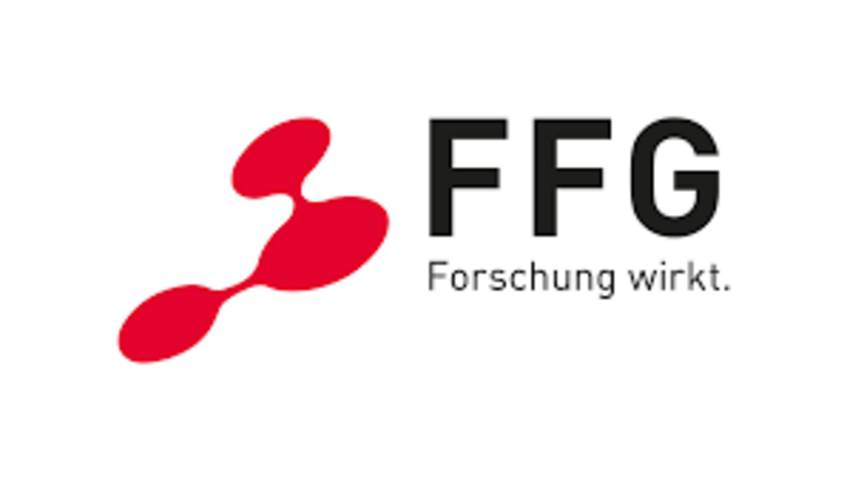
The efficiency of biomedical tools and methods is crucial for any drug development end evaluation process. Still, preclinical evaluation often fails to predict pharmaceutical effects, responses and sied effects before entering clinical trials. Only around one-third of all drugs in clinical trails reach clinical phase 3, with roughly one out of ten being introduced into market.
Our project aims to establish, evaluate and validate a dynamic 3D cell culture method, which similarly to chromatographic methods, consists of a biological stationary phase and a mobile aqueous phase. This set up allows transport and distribution of radiopharmaceuticals to the embedded cells and therefore to assess administration, distribution, metabolism and excretion of potential novel drug candidates in high throughput mode. This innovative system has the potential to reduce animals needed in medical research (3Rs - reduce, refine, replace) and to close a gap between in vitro and in vivo systems.
This project is funded by FFG Bridge30 and is performed in cooperation with the Medical University of Vienna, University of Applied Sciences Technikum Wien and MedikusGmbH.
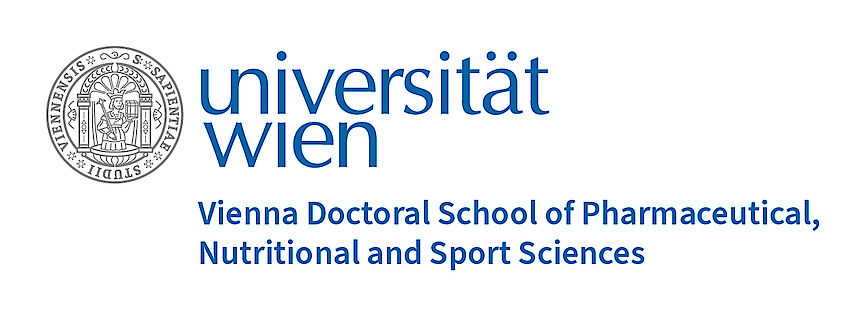
We are excited to start a PhaNuSpo funded project for the evolution of our dynamic 3D cell culture methodology towards a multimodal imaging approach.
The PhD project aims to expand the current dynamic 3D cell culture method to a fluorescence detection system (near infrared spectroscopy, optical imaging), aiming to make the methodology universally applicable, thereby overcoming the current limitation of radio-production and radiation protection.
muscaPET - small molecules targeting the muscarinic acetylcholine receptors
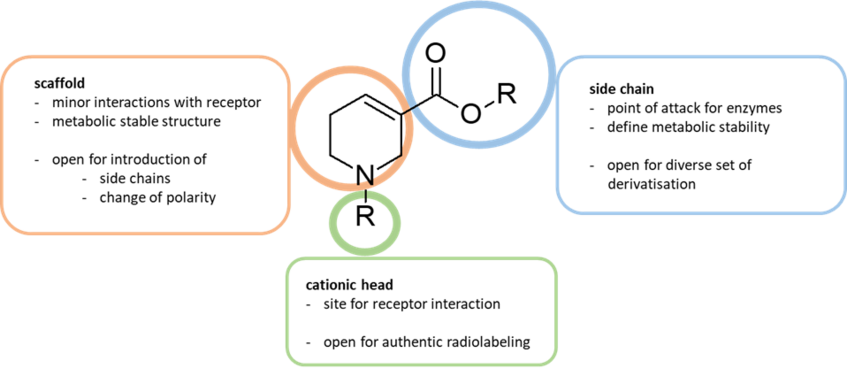
Due to their important role in mediating a braod range of physiological functions, muscarinic acetylcholine receptors have been a promising traget for both, therapeutic and diagnostic applications; however, the list of truly subtype-selective ligands is scarce.
The aim of our highly interdisciplinary project is the development and validation of potent and subtype selective ligands for muscarinic acetylcholine receptor for (radio)diagnostic and subsequent therapeutic purposes for pathologies associated with the heart-brain axis. The starting point of the structure identification will be the arecoline compound family, the primary psychoactive ingredient of the betel nut, that acts as a partial agonist for mAChRs.
Together with experts in drug design, synthetic chemistry, radiochemistry and cell biology we have synthesized and evaluated more then 100 compounds. We are in the starting block for the translation into preclinical and clinical evaluation.
Microplastic and Health - Tracing Micro- and Nanoplastic in vivo
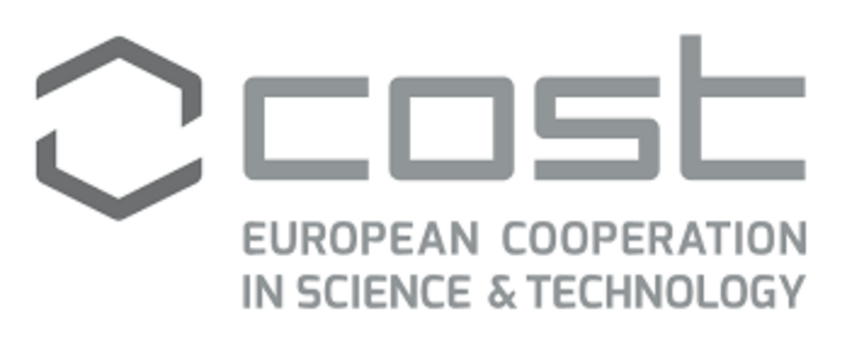
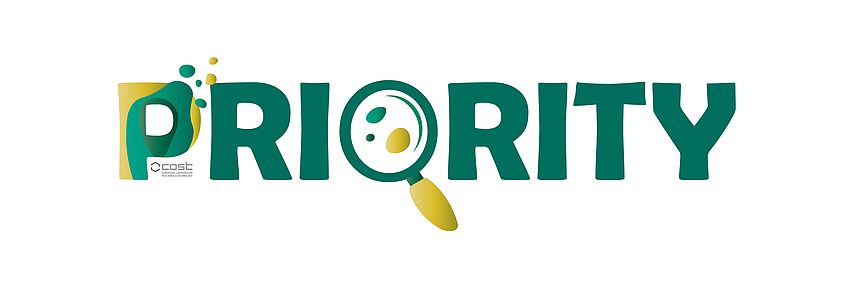
Nano- and microplastics (N/MPs) environmental pollution poses a serious challenge that scientists, risk-managers and, above all, the population through a more conscientious plastic waste disposal, and the politicians through appropriate waste management strategies, are strongly asked to deal with.
The support of COST actions is compulsory to foster networking and knowledge sharing, supporting activities such as meetings, training schools, conferences and workshops, international interlaboratory and proficiency tests, and exchange visits of researchers (Short Term Scientific Missions -STMS).
We are excited to be part of the COST action "Plastics monitoRIng detectiOn RemedIaTion recoverY" - PRIORITY.
For more infos follow this link: www.cost.eu/actions/CA20101/
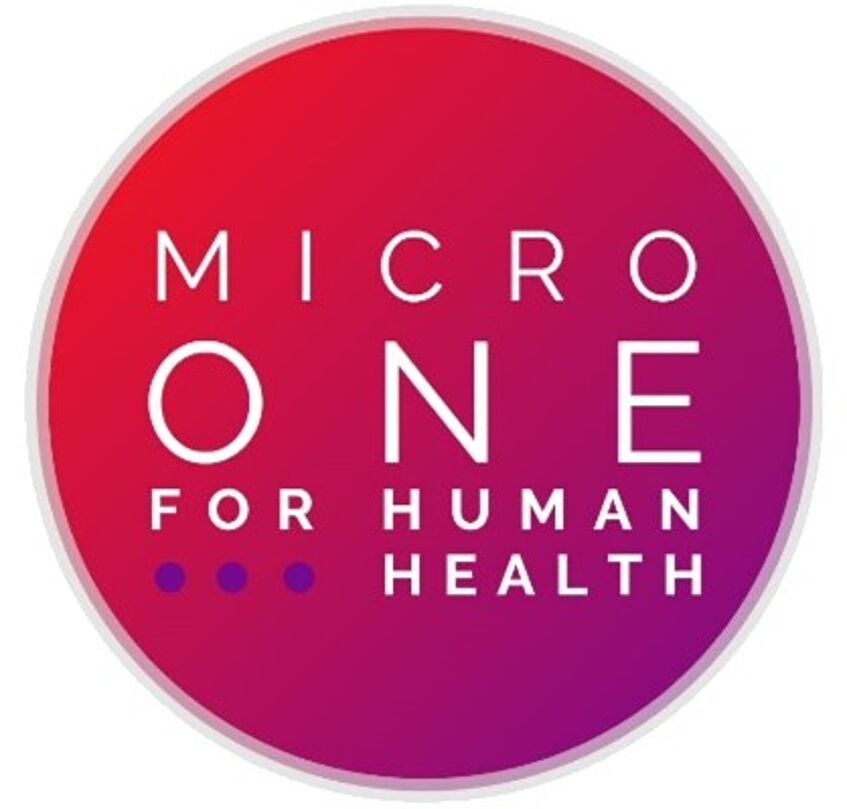

We are delighted to participate as principal investigator within the FFG Austrian Research Promotion Agency-funded module, microONE, launched by CBmed GmbH. This exciting project, led Wolfgang Wadsak and Lukas Kenner, is set to uncover possible health implications arising from exposure to micro-/nano-plastic particles- particularly, in development, progression and biochemical interactions in cancers such as colorectal cancer.
Starting from the 1st of January 2022 this revolutionary and ambitious module brings together a wide range of world-renowned partners from academia and industry, coming from 3 different continents (North America, Asia and Europe) who will work together to peel away at the fundamental question imposed by the overflow of plastics in our environment- namely: 'Microplastic particles: A Hazard for Human Health?'. Together, we are set to conduct synergistic cutting-edge research activities which will undoubtedly have a profound impact on our understanding of the potential relationship between microplastics and human diseases.
